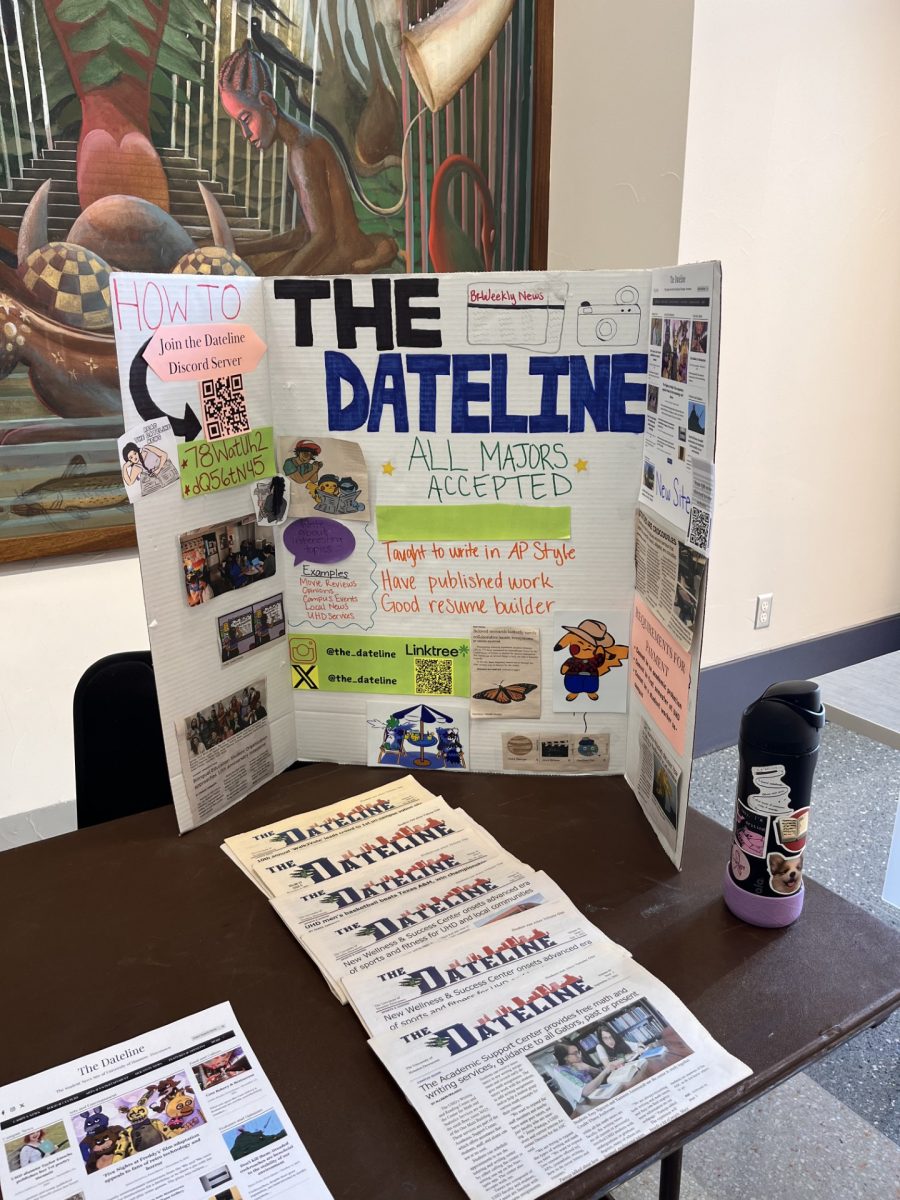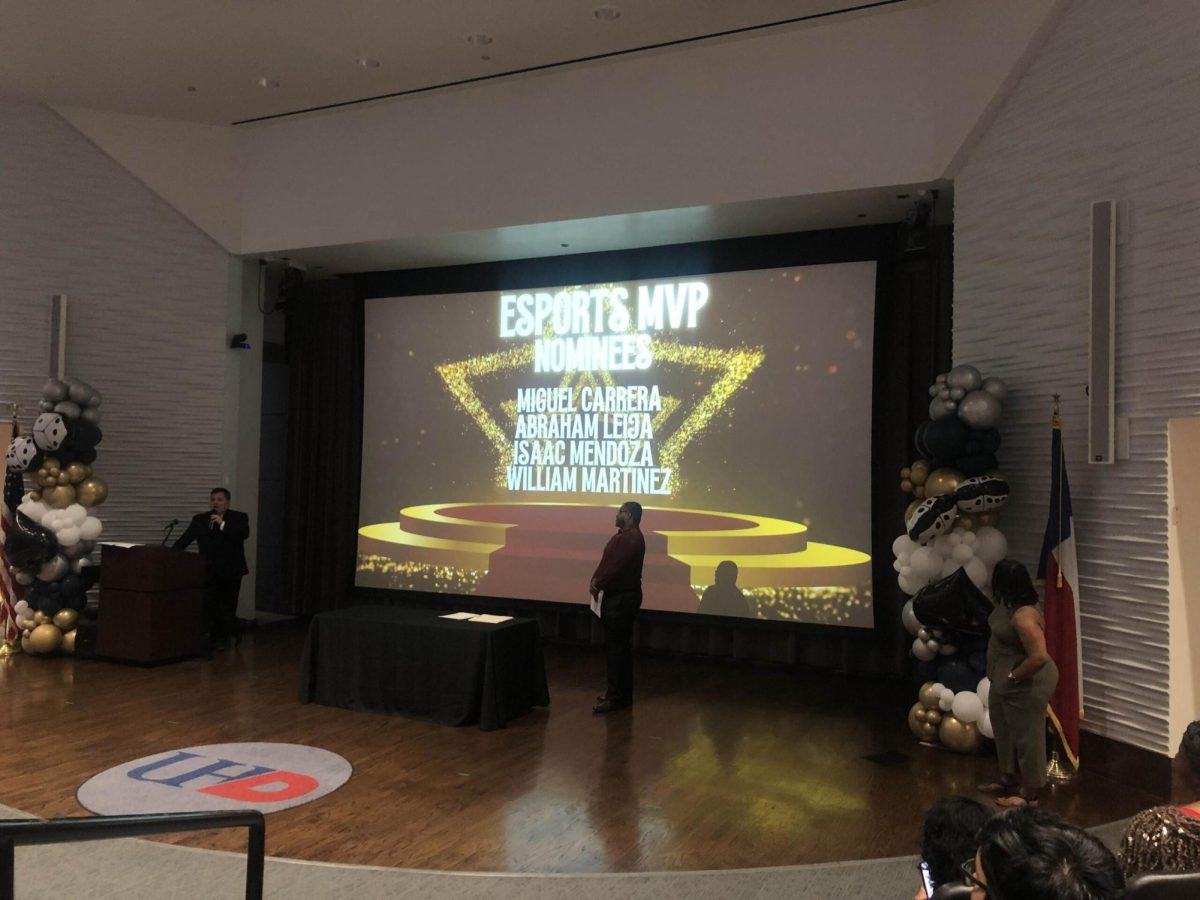When juggling classes, work shifts, and personal time, even passionate hobbies can become overwhelming. Learning to delegate aspects of your hobbies is not admitting defeat—it is a strategic approach to maintaining what you love while preserving your sanity.
Planning is Key
AI-powered tools and digital planning platforms have revolutionized how students manage hobby delegation. Calendar apps with smart scheduling features can identify optimal time slots for your activities, while project management tools allow you to assign tasks to collaborators with deadline reminders.
Virtual assistants can handle everything from research for creative projects to routine communications with hobby groups, freeing valuable mental bandwidth for academic priorities. Many of these platforms offer free or discounted student tiers, making them accessible options for managing your time without additional financial strain.
Share Your Hobby
For student musicians, consider outsourcing instrument maintenance or hiring session players for recordings rather than handling every aspect yourself. Music production students might collaborate with classmates who excel in mixing while you focus on composition.
The same principle applies to other creative pursuits—photography enthusiasts can hire models or assistants for complex shoots while keeping the creative direction and editing firmly in your hands.
Sports and fitness hobbies benefit tremendously from delegation. Instead of researching training plans for hours, use the many apps that can be found on both Apple and Android platforms. If you have the cash, invest in a session with a personal trainer who can create a customized routine.
For team sports, rotate organizational responsibilities among teammates. The time saved from coordinating schedules and booking facilities can be redirected toward your studies or actual practice time.
Technology-based hobbies offer unique delegation opportunities through automation and community resources, especially with advances in AI. Coding projects can leverage open-source libraries rather than building everything from scratch.
Gaming enthusiasts might delegate guild management or team organization to fellow players, preserving playing time for when you truly need a mental break from academic pressures.
For collection-based hobbies—whether books, records or memorabilia—consider joining exchange communities where members share resources or hiring part-time help for cataloging. Having a collective library of assets allows for a broad range of options without the commitment to buy and store all of them yourself.
Many students find that delegating the organizational aspects of collecting allows them to focus on the discovery and enjoyment parts they truly love, while also creating potential networking opportunities with fellow enthusiasts who might become valuable professional connections.
Hobbies and Your Budget
The financial aspect of delegation requires thoughtful consideration for students on tight budgets. Bartering skills with classmates often work brilliantly offering your expertise in math tutoring in exchange for someone’s graphic design skills for your side project, for instance.
Time banking within student communities can also help manage hobby delegation without straining limited finances, allowing you to invest where it matters most while outsourcing what drains your limited time.
Hobbies are Healthy
Ultimately, smart delegation transforms hobbies from potential stressors into sustainable sources of mental release and creativity. By identifying which aspects require your personal touch versus what can be handled by others, you preserve the core experience that drew you to the hobby initially while acknowledging the reality of your academic and work commitments.
This balanced approach ensures your passions remain a source of fulfillment rather than becoming another obligation on an already crowded schedule.




































